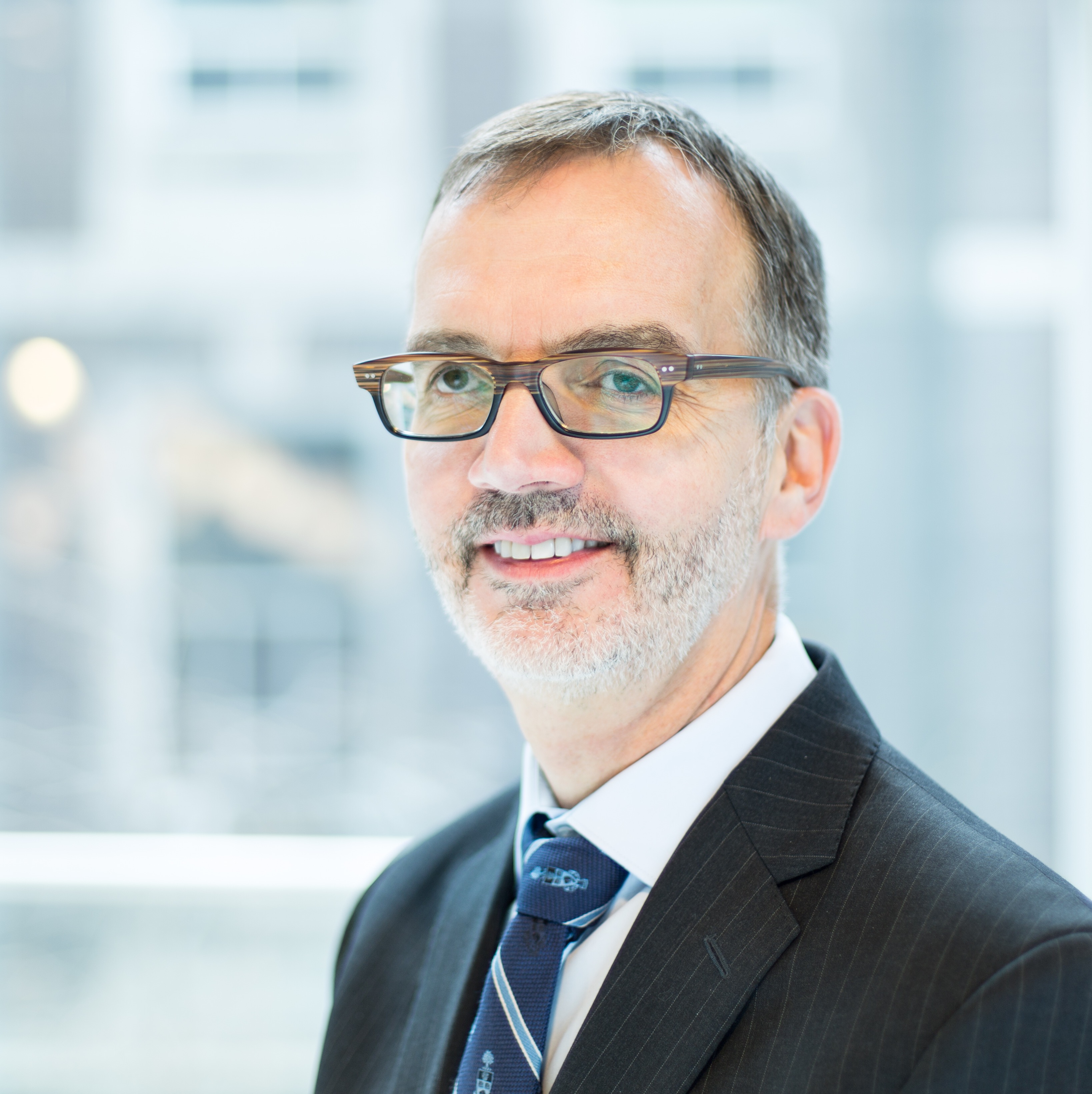Mobile Menu
- Education
- Research
-
Students
- High School Outreach
- Undergraduate & Beyond: Community of Support
- Current Students
- Faculty & Staff
- Alumni
- News & Events
- Giving
- About
 Welcome back to the Faculty of Medicine, and welcome to 2015. I hope each of you found time over the break to connect with family and friends, to relax and to make new plans and set new goals for the year ahead.
Welcome back to the Faculty of Medicine, and welcome to 2015. I hope each of you found time over the break to connect with family and friends, to relax and to make new plans and set new goals for the year ahead.
I’m tremendously excited to begin my work as our Faculty’s new Dean. I’ve been able to meet with many of you in the last few months, and I’ve learned a lot about the challenges you face and your priorities and goals. As we start the new calendar year together, I want you to know that I share your commitment to education and research and that I’m looking forward to working with each of you.
We live in an exciting time for medicine. Recent advances in health care have given patients fast, effective treatments — and cures — for diseases and conditions that were life-threatening just decades ago. More people live longer, healthier lives than ever before. But these advances have brought many challenges, as you know. More patients are living with multiple, chronic, complex conditions. Delivering care to these patients, especially with the latest technology, means we need to develop new approaches to team-based care and a health workforce with entirely new skill sets.
As teachers we have a responsibility to embrace new ways of educating and learning — and new technologies — so our graduates can lead these exciting changes in health care. We need to be open to new models of training, from interprofessional education to competency-based learning. And we need to take advantage of emerging educational technology including simulation, open online courses and social media. I’m encouraged by the quality and growth of activity in these areas across the Faculty.
Research drives better health care. Our Faculty has a long history of discovery and of translating knowledge into practice to help patients, and, working together, we can make sure that work continues. Our researchers work across academic fields with colleagues at the University and around the world. I think it’s essential to nourish these partnerships and seek news ones, so our Faculty continues to help shape medicine in the 21st century — from genomics and personalized medicine to the detailed imaging of cell function, non-invasive surgery and evidence-based preventive care.
In the coming weeks and months, I’ll be sharing news and observations about our Faculty’s successes — and describing some of our challenges, too. I hope you will read my regular Dean’s column here in MedEmail and I invite you to join the conversation by following me on Twitter @ufoftmeddean.
I’m looking forward to hearing from you.
Trevor Young
Dean, Faculty of Medicine
Vice-Provost, Relations with Health Care Institutions


